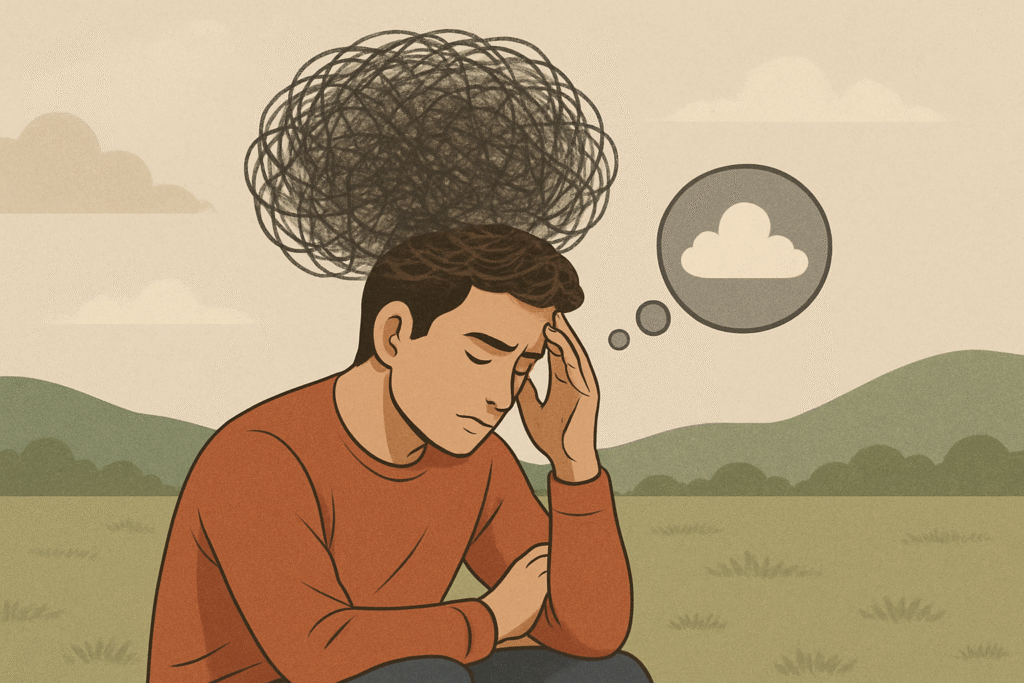The Weight of Thought: Overthinking and the Path to Peace of Mind


The mind is our most powerful tool—but when left unchecked, it becomes our greatest tormentor. Overthinking is not just a habit—it’s a form of inner chaos. When thoughts run wild without discipline, reality reflects that confusion. We feel scattered, anxious, uncertain. And slowly, we begin to mistake mental noise for truth.
An uncontrolled mind creates an uncontrolled reality. Life begins to feel heavy, reactive, and out of alignment—not because the world changed, but because our internal world became unstable. True peace, then, isn’t found in escape—it’s cultivated within. Especially when life is busy, demanding, and relentless, the ability to anchor yourself in stillness is not a luxury. It’s survival.
Overthinking masquerades as intelligence. It convinces us that we’re solving problems, when in reality, we’re circling them endlessly. It keeps us stuck in the future or the past—never fully here, never fully now.
Living in a state of mental unrest can lead to:
The danger is that an overactive mind eventually spills into our external life. Relationships suffer. Focus breaks. Joy fades. The world begins to mirror the storm inside.

When the mind is restless, peace feels out of reach. We may try to control circumstances, people, or environments in an attempt to feel grounded—but the real work is internal.
Your external life is a projection of your internal state. And when the mind is full of noise, doubt, and fear, clarity disappears. But here’s the truth: Peace is not the absence of problems. Peace is the presence of inner stillness, even while the world spins.
An overthinking mind is not a flaw—it’s a call for attention. A signal that the spirit is restless, longing to return home to presence.
When we learn to discipline the mind—not through force, but through awareness—we regain our power. Our decisions become clearer. Our relationships deepen. Our reality shifts.
The world may remain loud, busy, and demanding—but within you, there can be stillness.
Because the most powerful thing you can offer this life is not a perfect plan—it’s a peaceful presence.
And that presence begins the moment you stop chasing thoughts, and start choosing peace.